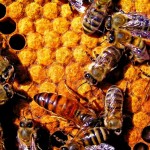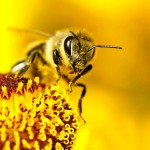The National Farmers Union (NFU) appeared before the Senate Standing Committee on Agriculture and Forestry May 1 to call for a five-year moratorium on the use of neonicotinoids on corn and soybeans in Ontario. The Senate committee is currently studying the importance of bees and bee health in the production of honey, food and seed





